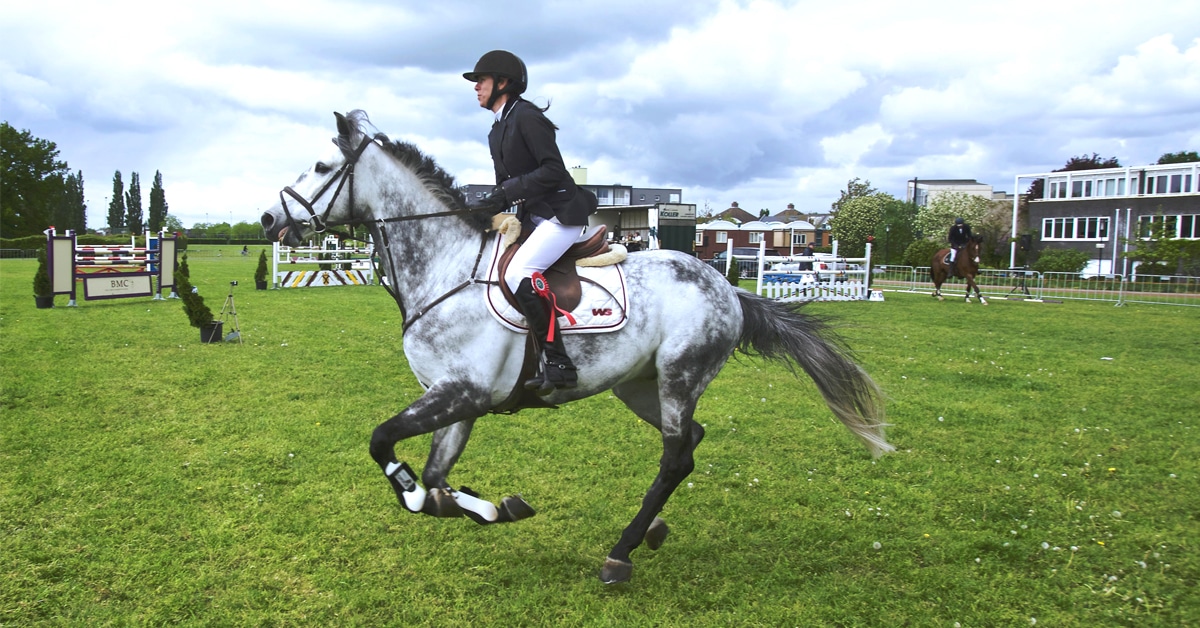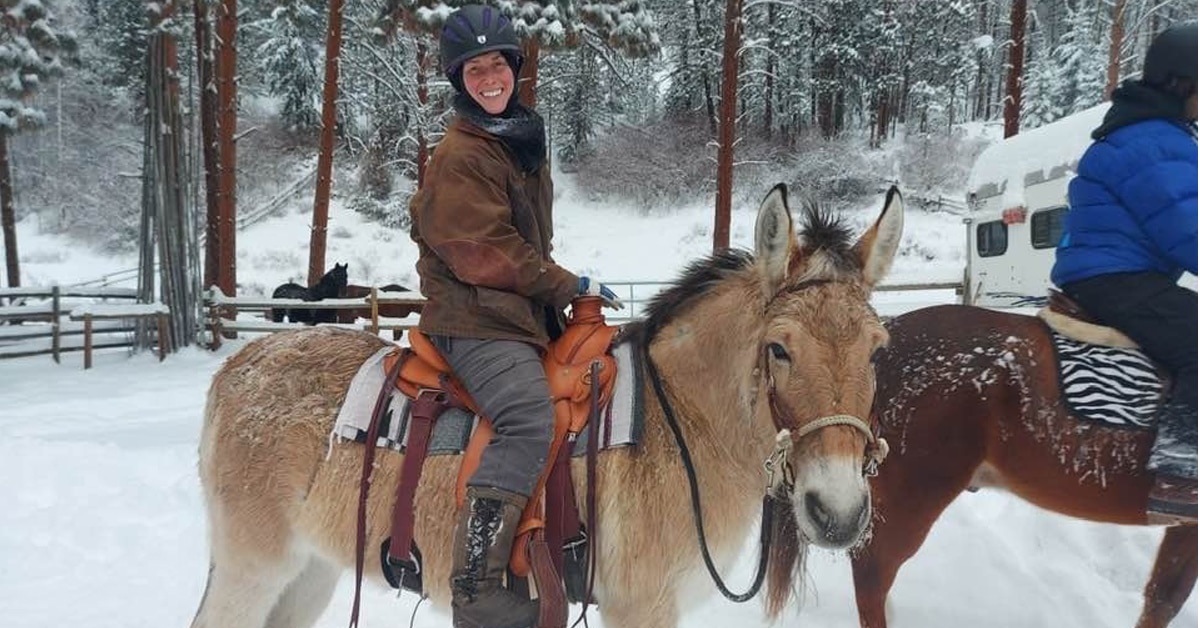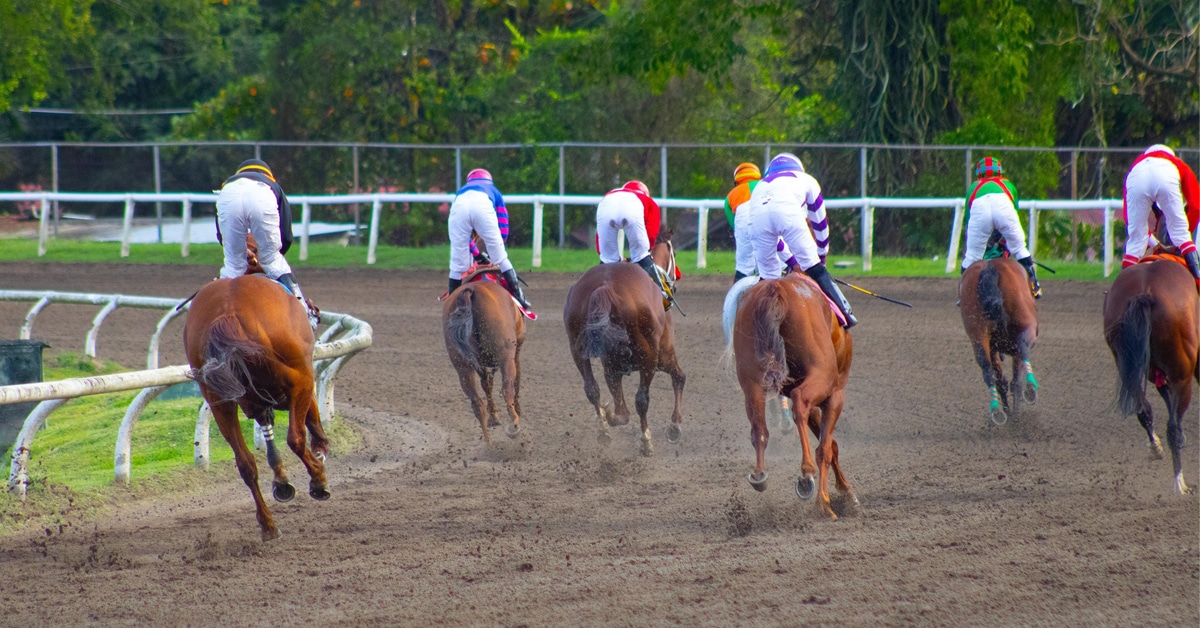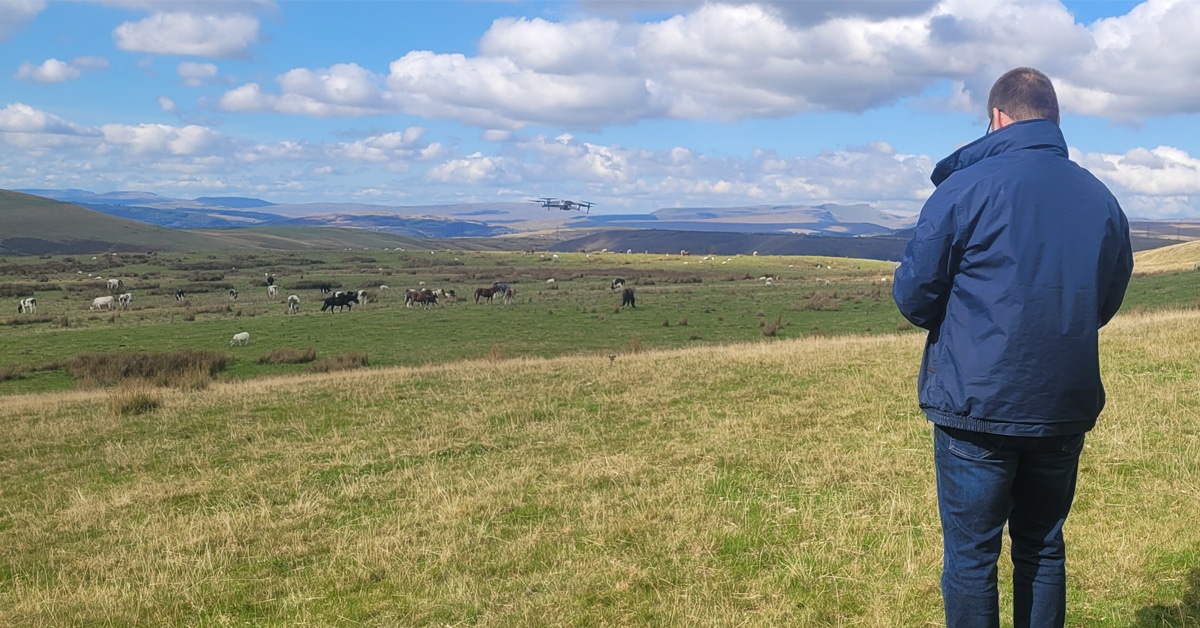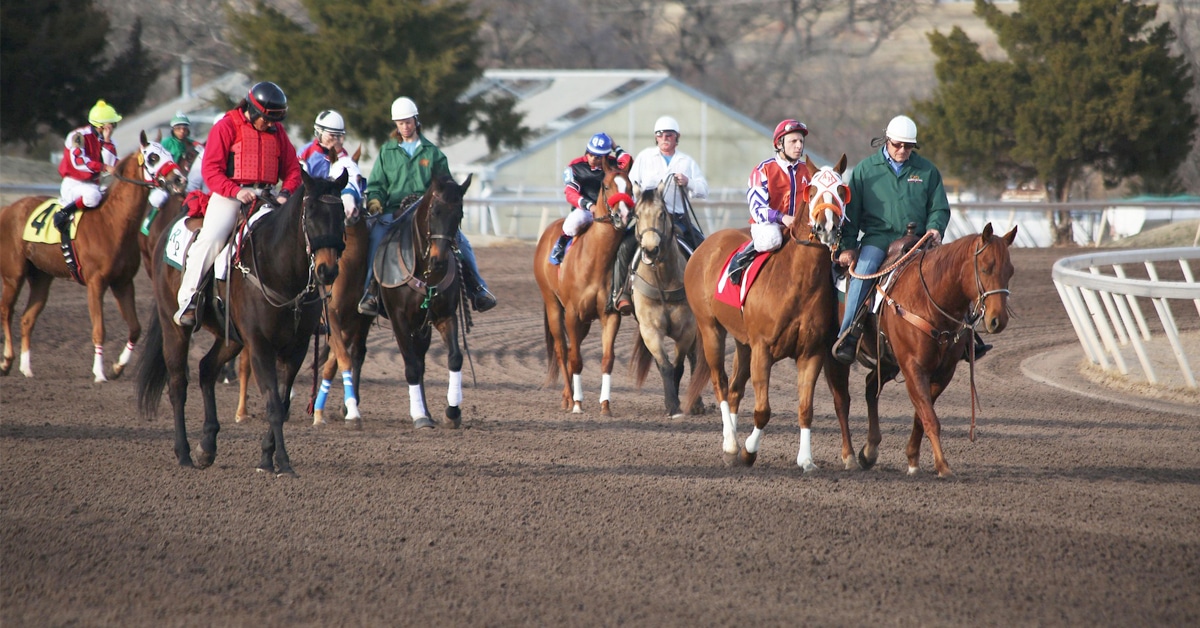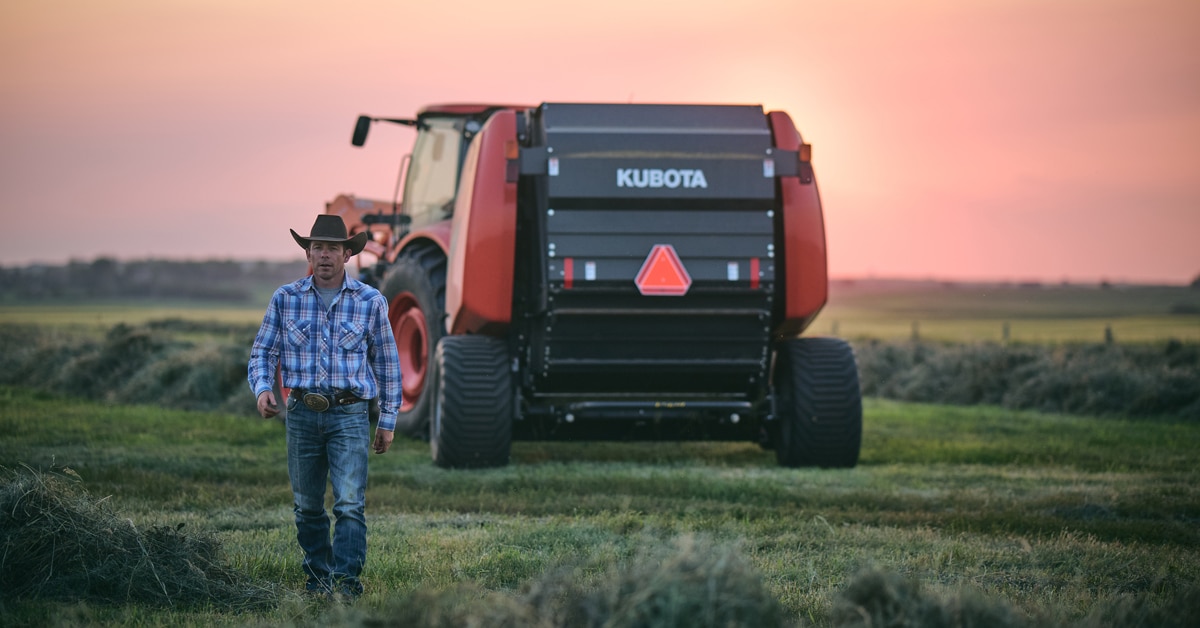Forget New Year’s Resolutions, we’ve come up with five horse-related ideas that you can try in 2025 to expand your knowledge in and joy of the sport. Choose one, do all five, or create your own personal equine goals – the point is in challenging yourself to do better for your horse, pony, donkey or mule.
1. Participate in a Clinic
When we say participate, we don’t just mean auditing, but actually riding or doing liberty work – whatever the clinician is teaching. Auditing has its purpose and you can definitely learn by watching, but doing the work under the expert gaze of a pro is tough to beat. There are Facebook groups dedicated to clinics such this one for Ontario, but you can also Google and find clinics in your area, or search by discipline or clinician.
Many sport associations also host and list clinics such as the Ontario Competitive Trail Riding Association or the British Columbia Eventing Association. Reach out to the clinician or host to see if you and your horse qualify to participate, but hey, if you’re just not ready, continue looking until you find a clinic you can feel comfortable riding in. You can also double up and ride in one clinic, then audit another. The point is to get out of your comfort zone, meet new people and learn a different perspective on your sport.
2. Hit the Trail
The Trans Canada Trail to be exact. This involved shipping your horse (or someone else’s reliable trail horse) to one of many horse-friendly trails along 28,000 km Trans Canada Trail. And you’ll have plenty to choose from, including Alberta’s Iron Horse Trail, which winds through 176 km in north-eastern Alberta. In all there are 133 horse-friendly trails throughout the country and in nearly every province and territory including the Yukon. While some of the trails are mixed use, there are plenty strictly for horses and humans and dogs.
3. Volunteer at a Horse Rescue
It’s wonderful if you make donations to one of the many horse charities in Canada – they need the financial support for the endless vet and farrier bills, not to mention feed and bedding to care for the animals in need. But many of these rescue groups rely on volunteers to help with barn chores, fundraising or spreading the word about their work. Depending on your time or skill set (do you like mucking out or feeding, or are you handy with social media?), why not find a rescue farm near you and give your time; even if it’s only once a month or twice a year, they need you, their horses need you, and you will know you’re doing something to help ease the suffering of the thousands of horses, ponies and donkeys in need.
4. Do an Equine Tour
This is a true bucket list item because, let’s be honest, it’s not cheap. But seeing the world from atop a horse is simply breathtaking. There are several luxury travel companies such as Equitours and Globetrotting that specialize in riding trips in far-flung places such as Botswana and Argentina, or the castles of Ireland and Scotland. Closer to home you can tour Banff National Park with Far and Ride.
These groups organize you and your travel friends according to your riding level, so you must be honest about whether you’re a beginner or advanced, can jump or not, etc. Some even offer the chance for your non-riding partner to join on a bicycle.
If your budget doesn’t allow for such an adventure, don’t despair; sign up for the Life Between The Ears newsletter and follow on Instagram. Life Between the Ears was founded by horsewoman Kristine Dahms and documents/posts the rider’s point of view images on their travels. Use the hashtag #lifebetweentheears for a chance to be featured.
5. Take an Online Course
The winter months are long in Canada and extreme temperatures and windchill, not to mention snow and ice, can seriously cut into our riding time. Why not make use of time out of the saddle by learning more about horses and horse care? Equine Guelph offers many online courses to increase your knowledge which will go a long way to making you a better horse owner and rider. Take your pick from 12-week and 1-2 week courses that cover everything from equine genetics and functional anatomy to stable management and marketing and communications in the equine industry. The Equine Institute also offers online courses in equine first aid, advanced nutrition and hoof care, among other topics.
Check your provincial sport organization, too, as they may also offer online classes such as these courses on bits and bitting and manure management from Horse Council British Columbia. It’s a great way to make the winter months more bearable!
The Latest

